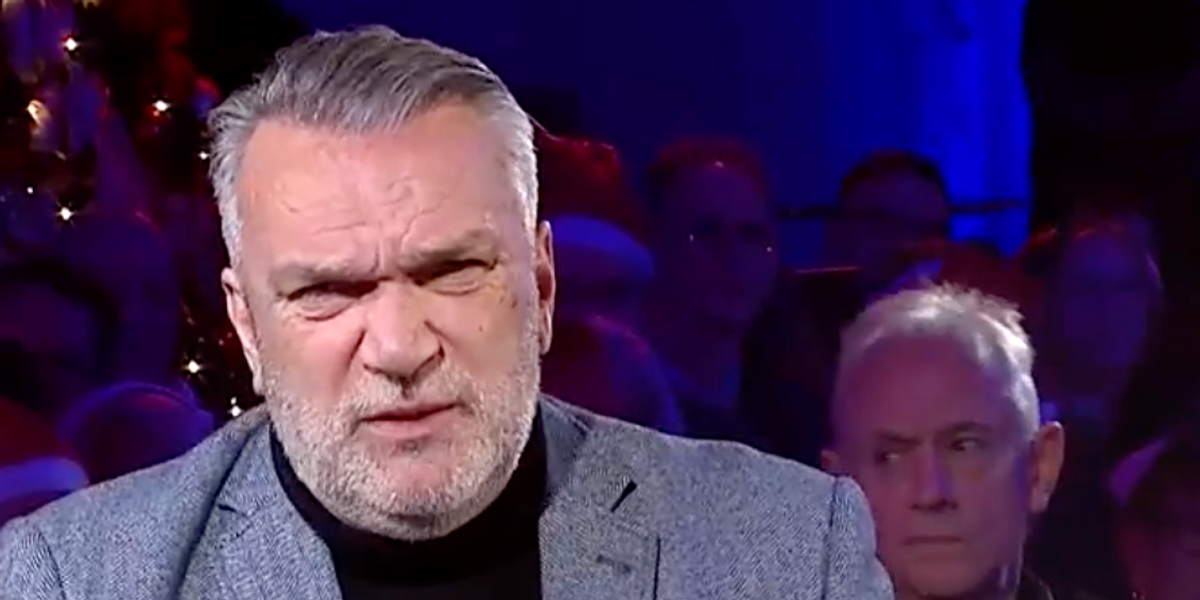A briefcase filled with Iranian rial banknotes sits on display at a currency exchange market on Ferdowsi street in Tehran, Iran, on Saturday, Jan. 6, 2018.
Ali Mohammadi | Bloomberg | Getty Images
Iran is confronting its worst set of crises in years, facing a spiraling economy along with a series of unprecedented geopolitical and military blows to its power in the Middle East.
Over the weekend, Iran's currency, the rial, hit a record low of 756,000 to the dollar, according to Reuters. Since September, the embattled currency has suffered the ripple effects of devastating hits to Iran's proxies, including Lebanon's Hezbollah and Palestinian militant group Hamas, as well as the November election of Donald Trump to the U.S. presidency.
With the fall of Syrian President Bashar al-Assad amid a shock offensive by rebel groups, Tehran lost its most important ally in the Middle East. Assad, who is accused of war crimes against his own people, fled to Russia and left a highly fractured country behind him.
"The fall of Assad has existential implications for the Islamic Republic," Behnam ben Taleblu, a senior fellow at the Foundation for Defense of Democracies in Washington, told CNBC. "Lest we forget, the regime ahs spent well over a decade in treasure, blood, and reputation to save a regime which ultimately folded in less than two weeks."
The currency's fall exposes the extent of the hardship faced by ordinary Iranians, who struggle to afford everyday goods and suffer high inflation and unemployment after years of heavy Western sanctions compounded by domestic corruption and economic mismanagement.
Trump has pledged to take a hard line on Iran and will be re-entering the White House roughly six years after unilaterally pulling the U.S. out of the Iranian nuclear deal and re-imposing sweeping sanctions on the country.
Iranian President Masoud Pezeshkian has expressed his government's willingness to negotiate and revive the deal, officially known as the Joint Comprehensive Plan of Action, which lifted some sanctions on Iran in exchange for curbs to its nuclear program. But the attempted outreach comes at a time when the International Atomic Energy Agency says Tehran is enriching uranium at record levels, reaching 60% purity — a short technical step from the weapons-grade purity level of 90%.

 By CNBC (Business) | Created at 2024-12-16 12:14:06 | Updated at 2024-12-24 14:03:15
1 week ago
By CNBC (Business) | Created at 2024-12-16 12:14:06 | Updated at 2024-12-24 14:03:15
1 week ago






